Recycle, Reuse, Reduce- @travelltheworldd
Hello Steemit,
The fight against climate change depends on many factors but with many small gestures, a great difference can be made. And how can you do to help? We propose 20 different ways to help take care of the environment.
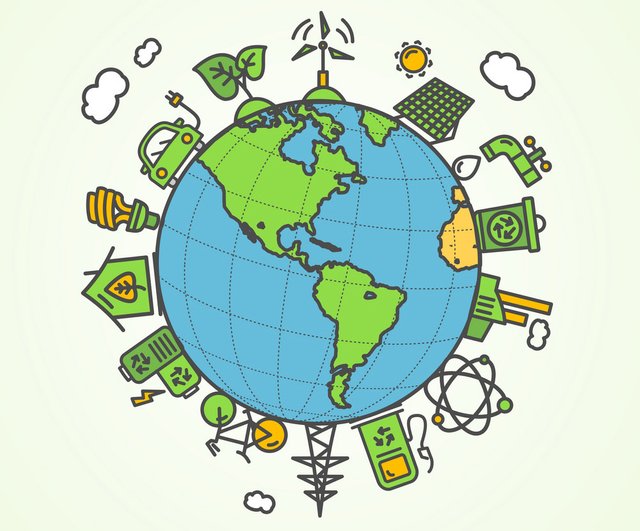
1º Recycle everything you can, it is the most classic and simple method but the most underrated.
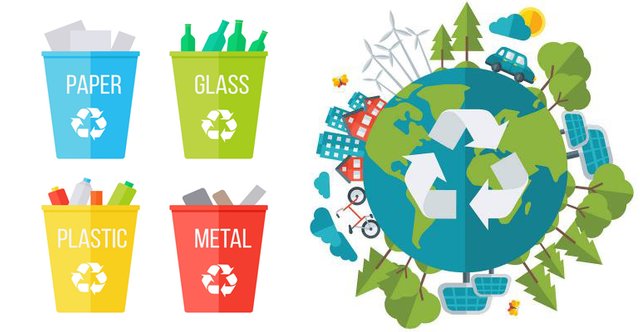
2º It is also important to ensure that we use recycled products, such as paper, as it is something we depend on daily in the form of sheets, books, notebooks, boxes ... To find out if a paper item comes from a responsible value chain, make sure Check that you have the Forest Stewardship Council (FSC) logo, as it certifies that the product in question is 100% recycled or comes from sustainable resources.
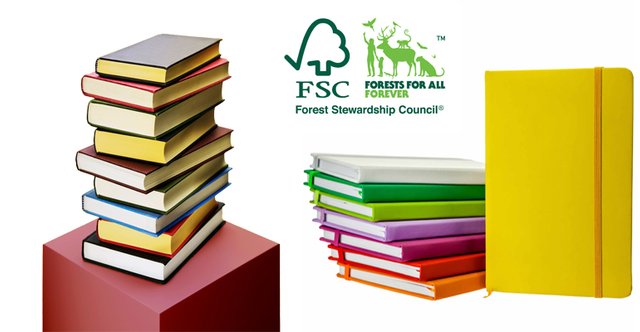
3º When buying a new product, look for quality and certification, as these support a longer life, which means that it will take a long time to replace it.
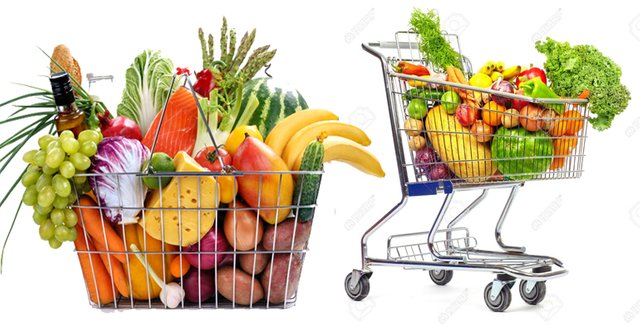
4º If you have not yet opened the doors of your house to the LED lights, this is the moment. They last much longer than the traditional ones and are of low energy consumption.

5º To make the purchase, try to bring your own reusable bag to consume less plastic.
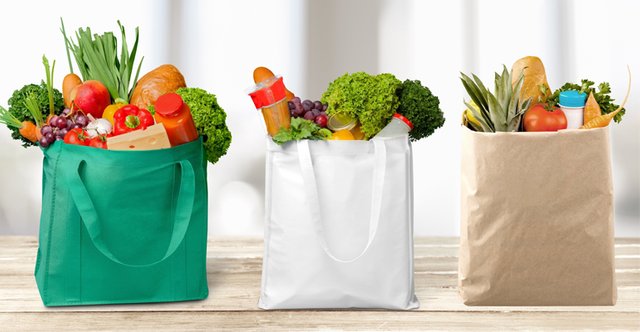
6ºTry to eat fresh, seasonal and locally produced food.
7º To the extent possible, acquire organic fruits and vegetables, as these types of foods do not contain polluting fertilizers and are much healthier.
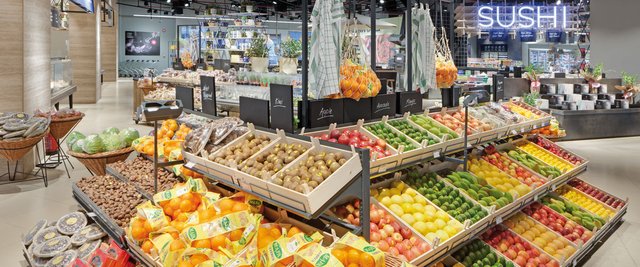
8º Try to use the car as little as possible. In big cities, you can go to virtually any place thanks to the extensive public transport network that the city has.
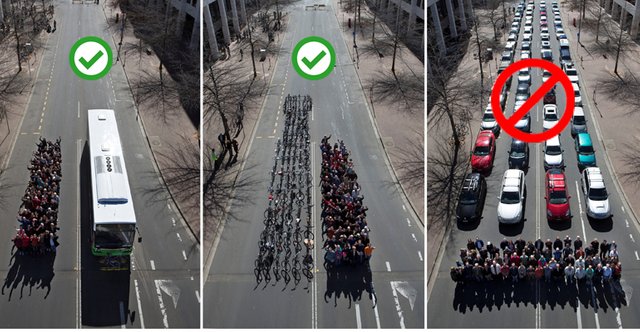
9º If you do not have another option and you must use your car daily, you could consider acquiring an electric or hybrid one, as this would reduce CO2 emissions significantly. There is a preconceived idea that there is nowhere to load it in the city, but it is increasingly easier to find cargo stands.
10º Another option to move around the city is to do it by bicycle. The most practical, simple and ecological way to travel anywhere.
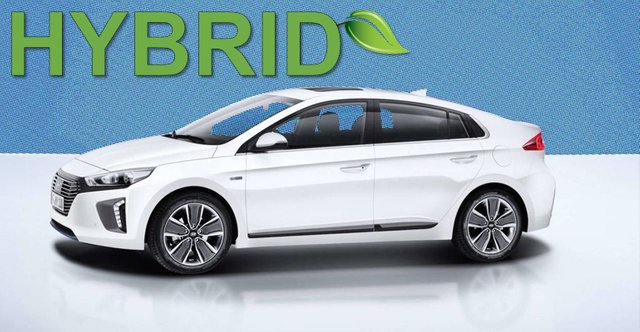
11º If you have any medication that has expired, do not throw it in the trash, much less into the WC. In the pharmacies, there are collection points to deposit these products and they will take care of them.
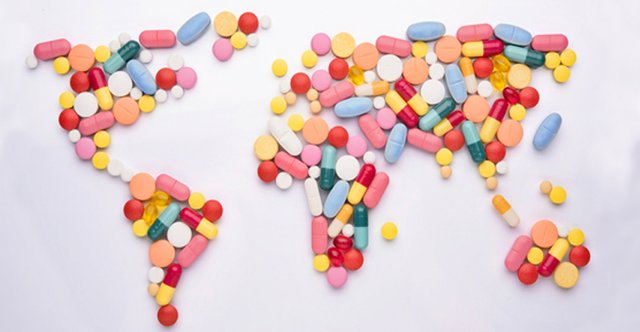
12º Fortunately the water of many cities is of very good quality, so try to avoid the consumption of bottled water.
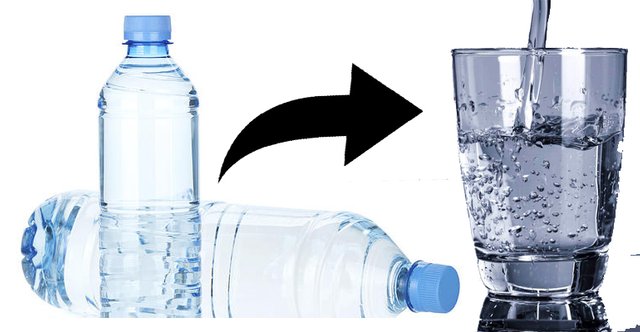
13º If you smoke, don't throw cigarette butts out of the car window. Most of the time they are not extinguished and a forest fire can be caused by an act that may seem insignificant.
14º If you plan to make a trip to a forest area, remember to collect all the garbage that your visit may have generated, you should try to avoid forest fires at all costs, because the warm and dry environment typical of the season can facilitate its propagation very quickly.
15º Nowadays, the technology that we have reach can make our lives much easier. Therefore, if you have booked a flight or train trip, you can opt for the most environmentally friendly option and instead of printing the tickets, you can take them on your mobile. With this small gesture, in addition to avoiding having to take another role, you help reduce excessive consumption of it.
16º Summer is the favorite season to go on vacation. When you are leaving your home for a short or long time, make sure you leave all possible appliances unplugged.
17º Avoid the use of aerosols. At this time of the year many anti-mosquito repellents are sold, and if you are a target for bites, choose to buy gel or cream repellents, since the chemical and gaseous agents that contain the aerosols are the causes of the destruction of the layer of ozone.
18º Do not abuse the air conditioner. It involves a high energy expenditure and abusing a temperature that is too cold can cause a cold. The ideal temperature is between 24 and 26 degrees.
19º Compensate your damage. We know that as much as you want, you can not always be as Eco-Friendly as one would like, so try to compensate for those harmful actions by others that help to preserve the environment.
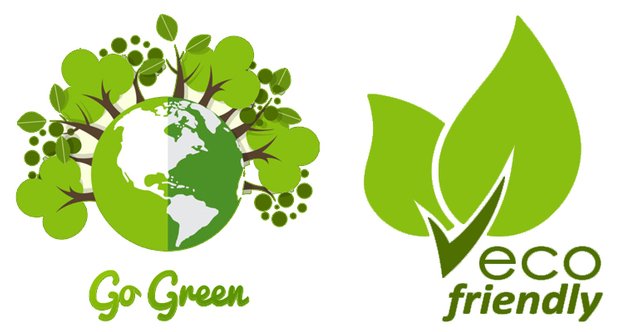
20º Last but not least, lead by your example, involve your whole family and acquaintances in the importance of conserving Earth's resources.

Recycle
International Recycling Day, May 17, is a day in which the importance of treating waste is properly valued, so as not to contribute to climate change and thus protect the environment.
Among the numerous acts and activities carried out to celebrate the International Recycling Day 2018, rakes can be highlighted, which are organized in different locations. They carry out the separation of the remains and their location in authorized places.
You can recycle your clothes and share it with those who may need it and the same can be done with disused books or electronic equipment.
Here are 10 tips to make it easy for you to recycle and do it correctly:
- Buy products whose packaging is environmentally friendly
- Make recycling a game. The little ones will learn to recycle having fun
- Separate containers properly
- Fold cardboard boxes to save space and comfort when transporting them to the blue container and, of course, never leave them out of the container
- Throw the plastic bottles into the yellow container. With only 40 you can make a fleece
- Soda and can go to the yellow container too. Did you know that with 80 cans you can make a bicycle tire?
- With only 6 bricks you can make a shoebox Remember, the bricks go to the yellow container and not the blue one!
- Reuse the plastic bags as many times as you can, and in the end as a garbage bag to take the containers to the yellow container
- Bring to a clean point special waste such as electrical and electronic equipment, light bulbs, batteries, paint residue, x-rays, cooking oil, etc.
- Never dispose of used oil through the sink. Only 1 liter can contaminate up to 1,000 liters of water. Reuse it and finally take it to a clean point.

Why should we recycle?
- It will depend on our attitude that we save our natural resources, since recycling reduces pollution and generates employment. It is also an excellent way to try to reverse climate change.
- It is vitally important to continue efforts to recycle all useful waste, such as cans, plastics, glass bottles, paper, cardboard and newspaper, and so on. This reduces the consumption of oil, water, CO2 emissions and energy consumption, while avoiding the generation of tons of garbage.
- Recycling is a great way to try to reverse climate change
- Reduction of waste volume, and therefore of pollution
- Preservation of natural resources, as recycled material is reused
- Energy-saving, and therefore reduces dependence on oil. Normally less energy is needed to make a product from recycled material than from virgin material
- Reduction of air, soil and water pollution
- Reduction of costs associated with the production of new goods. Many times the use of recycled material is less expensive than virgin material
The recycling phases
- Recycling should be understood as the process by which a material or product already used, and therefore is condemned to waste, is subjected to a treatment to obtain a raw material or a new product. That is, a waste that is reintroduced into the life cycle.
- A process that makes better use of natural resources, reduce the environmental impact of consumer habits and devise creative ways to redesign our objects and give them new life.
Recycling Creates Jobs
EPA released significant findings on the economic benefits of the recycling industry with an update to the national Recycling Economic Information (REI) Study in 2016. This study analyzes the numbers of jobs, wages and tax revenues attributed to recycling. The study found that in a single year, recycling and reuse activities in the United States accounted for:
- 757,000 jobs
- $36.6 billion in wages; and
- $6.7 billion in tax revenues.
Circular Economy
The circular economy could reduce up to 99% of waste from some industrial sectors and 99% of its greenhouse gas emissions, thus helping to protect the environment and combat climate change.
But what is the circular economy? An expert from UN Environment explains this concept so that we can all understand it.
The circular economy (in English, Circular economy, CE) is a strategy that aims to reduce both the entry of materials and the production of virgin waste, closing the "loops" or economic and ecological flows of resources.
Human beings are the only element of nature that generates garbage. Just to give an example, each Latin American produces a kilo of garbage a day and the region as a whole, about 541,000 tons per day. This represents about 10% of the world's garbage.
Equally serious as waste is the problem of resource exploitation. Today, two-thirds of the inhabitants of the planet live in cities and take from nature the materials we need to build homes, schools, hospitals, roads, transportation systems, and factories.
Urbanization, together with a growing middle class, has increased the demand for consumer goods. In the twentieth century, we excavated, cut, drilled or harvested 34 times more building materials, 27 times more minerals, 12 times more fossil fuels and 3.6 times more biomass than in previous years.
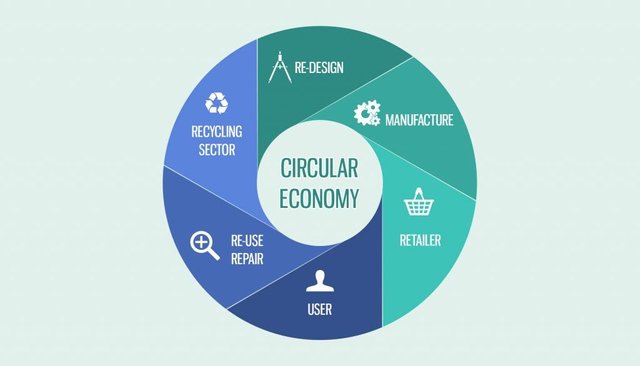
Thank you for reading this post.
I hope you like the things I do here and follow me if you like traveling!!
See you soon.
And follow me for more.